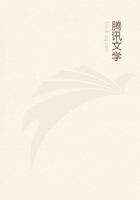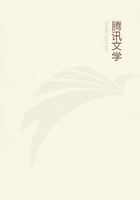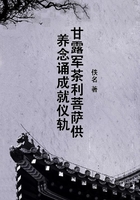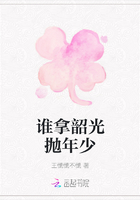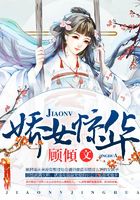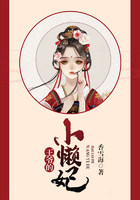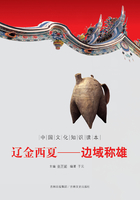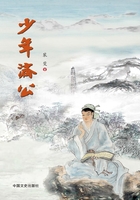This blending and confusion of the elements of expensiveness and of beauty is, perhaps, best exemplified in articles of dress and of household furniture. The code of reputability in matters of dress decides what shapes, colors, materials, and general effects in human apparel are for the time to be accepted as suitable; and departures from the code are offensive to our taste, supposedly as being departures from aesthetic truth. The approval with which we look upon fashionable attire is by no means to be accounted pure make-believe. We readily, and for the most part with utter sincerity, find those things pleasing that are in vogue. Shaggy dress-stuffs and pronounced color effects, for instance, offend us at times when the vogue is goods of a high, glossy finish and neutral colors. A fancy bonnet of this year's model unquestionably appeals to our sensibilities today much more forcibly than an equally fancy bonnet of the model of last year; although when viewed in the perspective of a quarter of a century, it would, I apprehend, be a matter of the utmost difficulty to award the palm for intrinsic beauty to the one rather than to the other of these structures. So, again, it may be remarked that, considered simply in their physical juxtaposition with the human form, the high gloss of a gentleman's hat or of a patent-leather shoe has no more of intrinsic beauty than a similiarly high gloss on a threadbare sleeve; and yet there is no question but that all well-bred people (in the Occidental civilized communities) instinctively and unaffectedly cleave to the one as a phenomenon of great beauty, and eschew the other as offensive to every sense to which it can appeal. It is extremely doubtful if any one could be induced to wear such a contrivance as the high hat of civilized society, except for some urgent reason based on other than aesthetic grounds.
By further habituation to an appreciative perception of the marks of expensiveness in goods, and by habitually identifying beauty with reputability, it comes about that a beautiful article which is not expensive is accounted not beautiful. In this way it has happened, for instance, that some beautiful flowers pass conventionally for offensive weeds; others that can be cultivated with relative ease are accepted and admired by the lower middle class, who can afford no more expensive luxuries of this kind; but these varieties are rejected as vulgar by those people who are better able to pay for expensive flowers and who are educated to a higher schedule of pecuniary beauty in the florist's products; while still other flowers, of no greater intrinsic beauty than these, are cultivated at great cost and call out much admiration from flower-lovers whose tastes have been matured under the critical guidance of a polite environment.
The same variation in matters of taste, from one class of society to another, is visible also as regards many other kinds of consumable goods, as, for example, is the case with furniture, houses, parks, and gardens. This diversity of views as to what is beautiful in these various classes of goods is not a diversity of the norm according to which the unsophisticated sense of the beautiful works. It is not a constitutional difference of endowments in the aesthetic respect, but rather a difference in the code of reputability which specifies what objects properly lie within the scope of honorific consumption for the class to which the critic belongs. It is a difference in the traditions of propriety with respect to the kinds of things which may, without derogation to the consumer, be consumed under the head of objects of taste and art. With a certain allowance for variations to be accounted for on other grounds, these traditions are determined, more or less rigidly, by the pecuniary plane of life of the class.
Everyday life affords many curious illustrations of the way in which the code of pecuniary beauty in articles of use varies from class to class, as well as of the way in which the conventional sense of beauty departs in its deliverances from the sense untutored by the requirements of pecuniary repute. Such a fact is the lawn, or the close-cropped yard or park, which appeals so unaffectedly to the taste of the Western peoples. It appears especially to appeal to the tastes of the well-to-do classes in those communities in which the dolicho-blond element predominates in an appreciable degree. The lawn unquestionably has an element of sensuous beauty, simply as an object of apperception, and as such no doubt it appeals pretty directly to the eye of nearly all races and all classes; but it is, perhaps, more unquestionably beautiful to the eye of the dolicho-blond than to most other varieties of men. This higher appreciation of a stretch of greensward in this ethnic element than in the other elements of the population, goes along with certain other features of the dolicho-blond temperament that indicate that this racial element had once been for a long time a pastoral people inhabiting a region with a humid climate. The close-cropped lawn is beautiful in the eyes of a people whose inherited bent it is to readily find pleasure in contemplating a well-preserved pasture or grazing land.

